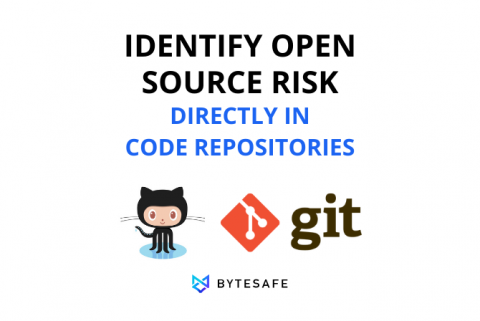Security | Threat Detection | Cyberattacks | DevSecOps | Compliance
Latest News
CyRC Vulnerability Advisory: Reflected cross-site scripting in Black Duck Hub
Generating fake security data with Python and faker-security
Snyk recently open sourced our faker-security Python package to help anyone working with security data. In this blog post, we’ll briefly go over what this Python package is and how to use it. But first, we’ll get some context for how the factory_boy Python package can be used in combination with faker-security to improve your test-writing experience during development. Note: Some knowledge of Python is helpful for getting the most out of this post.
Software Supply Chain Security: The Basics and Four Critical Best Practices
Enterprise software projects increasingly depend on third-party and open source components. These components are created and maintained by individuals who are not employed by the organization developing the primary software, and who do not necessarily use the same security policies as the organization. This poses a security risk, because differences or inconsistencies between these policies can create overlooked areas of vulnerability that attackers seek to exploit.
CyRC Vulnerability Analysis: CVE-2022-1271 in gzip, but it's not as bad as it sounds
Microsoft releases open-source tool for securing MikroTik routers
This blog was written by an independent guest blogger. In mid-March, Microsoft released a free, open-source tool that can be used to secure MikroTik routers. The tool, RouterOS Scanner, has its source code available on GitHub. It is designed to analyze routers for Indicators of Compromise (IoCs) associated with Trickbot. This article will introduce some background on the MikroTik vulnerability, the Trickbot malware, and some ways you can protect yourself.
Software Composition Analysis of Git repositories
Open source software adoption reaches higher levels every year. Recent figures show that over 70% of code used in codebases is open source. With a constant stream of new components comes increased requirements to manage the inherent risks associated with open source. Requirements that quickly turn into a necessity as supply chain attacks increased by 400% in 2021. The practice to identify and track open source components usually falls under the umbrella of Software Composition Analysis (SCA).
Snyk Open Source adds C/C++ security scanning for unmanaged dependencies
We’re happy to announce the general availability of C/C++ security scanning in Snyk Open Source, enabling development and security teams to find and fix known security vulnerabilities in their C/C++ open source library dependencies. 2:21
LimaCharlie announces sponsorship of the Intel Owl open source project
Following our recent announcement about supporting the open source community, LimaCharlie is excited to share that we have decided to sponsor the IntelOwl project.
Protestware is trending in open source: 4 different types and their impact
A few days ago, Snyk reported on a new type of threat vector in the open source community: protestware. The advisory was about a transitive vulnerability — peacenotwar — in node-ipc that impacted the supply chain of a great deal of developers. Snyk uses various intel threat feeds and algorithms to monitor chatter on potential threats to open source, and we believe this may just be the tip of a protestware iceberg.










